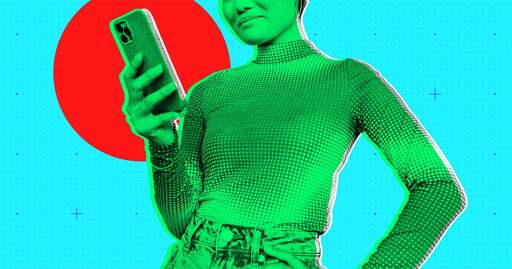A specialized iPhone app was used to block internet access, recording any time that the feature was disabled.
In numbers, nearly all the participants — 91 percent — improved on at least one of the three outcomes, while around three-quarters reported better mental health by the end.
The findings even suggest that the intervention had a stronger effect on depression symptoms than antidepressants, and was roughly on par with cognitive behavioral therapy.
What’s driving all this? Ward suggests that the simplest explanation is that the experiment forced participants to spend more time doing fulfilling things in the real world.



The internet just isn’t a good space to spend a lot of time. It’s mostly corporate controlled and they’ve found anger drives interaction online so most things you read are designed to be upsetting. I’ve drastically cut down on my internet usage over the last few years and while I do spend more time doing things I enjoy, due to not being online, I’ve found that going back on reddit or something similar can send me right back into a negative headspace for the rest of the day like when I was online more. I just think that most parts of the internet are miserable places to be.
I don’t remember it always being this way either. Back when small formus were the norm I found the internet to be much less hostile overall. Not that there weren’t jerks and chuds online back then, but there wasn’t the profit incentive to drive engagement over all else